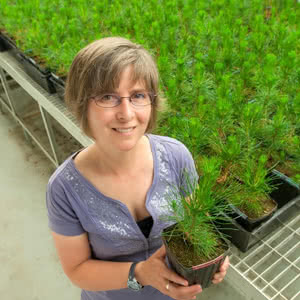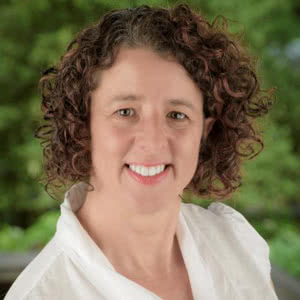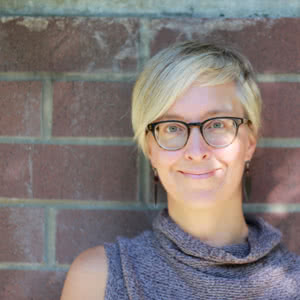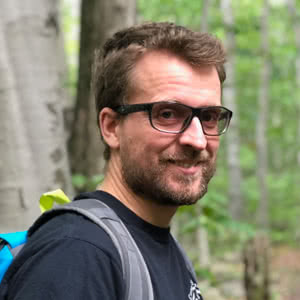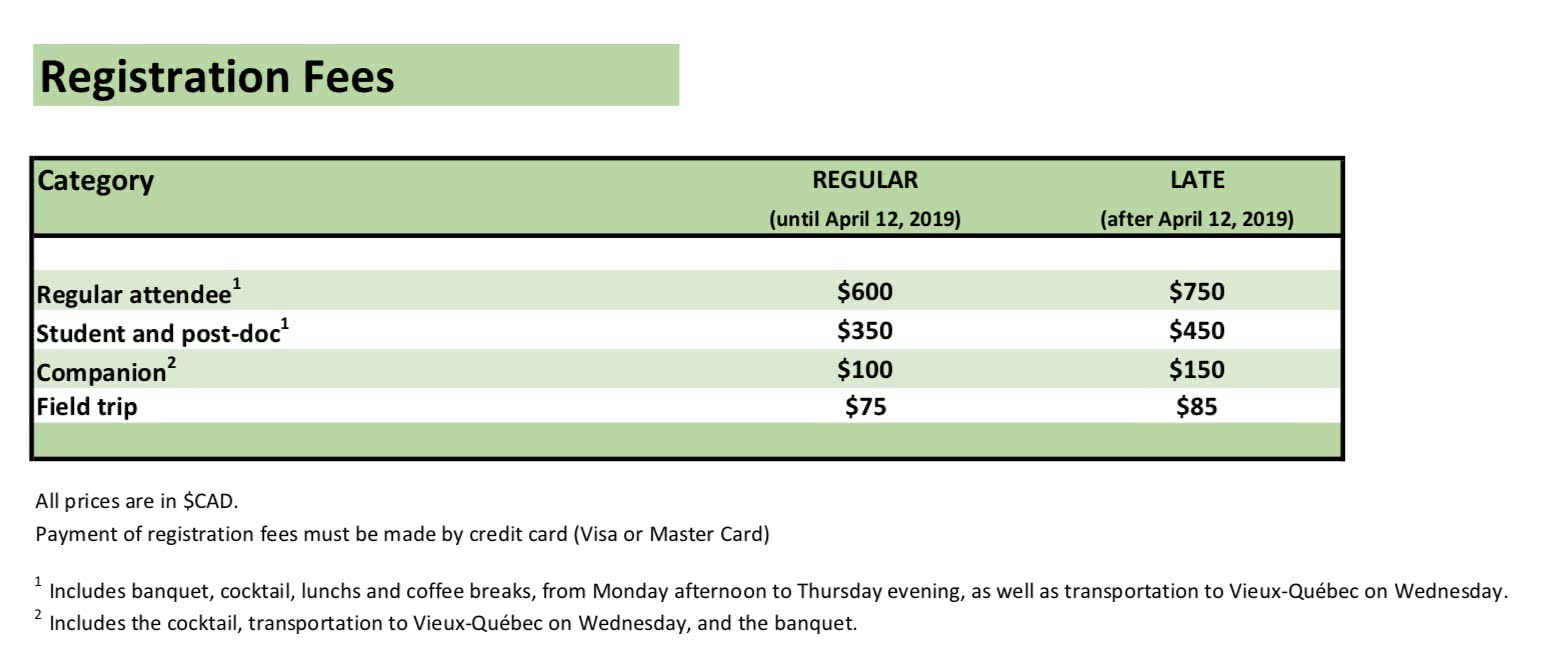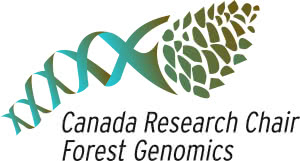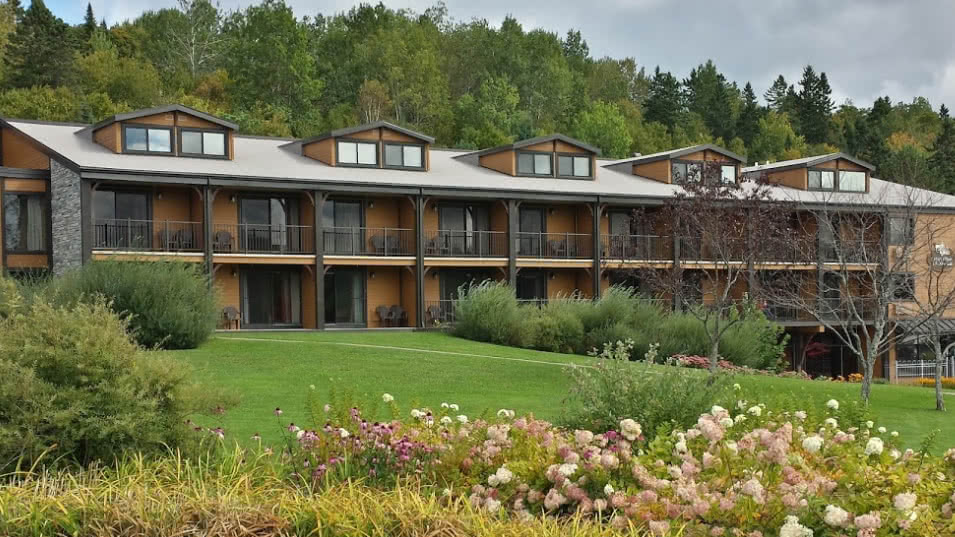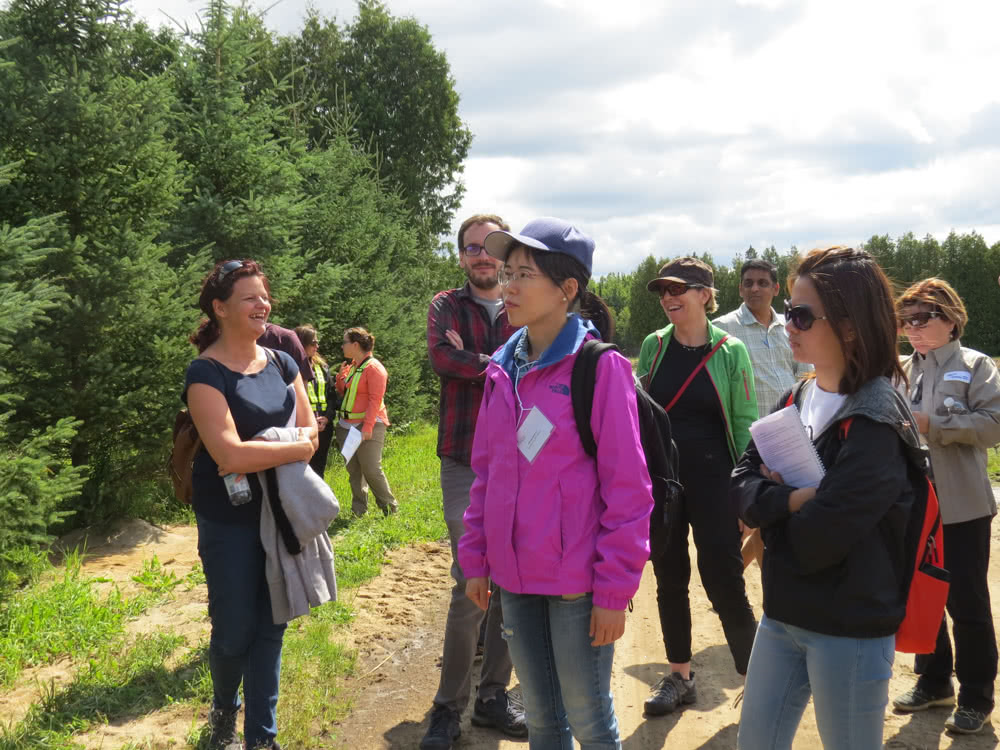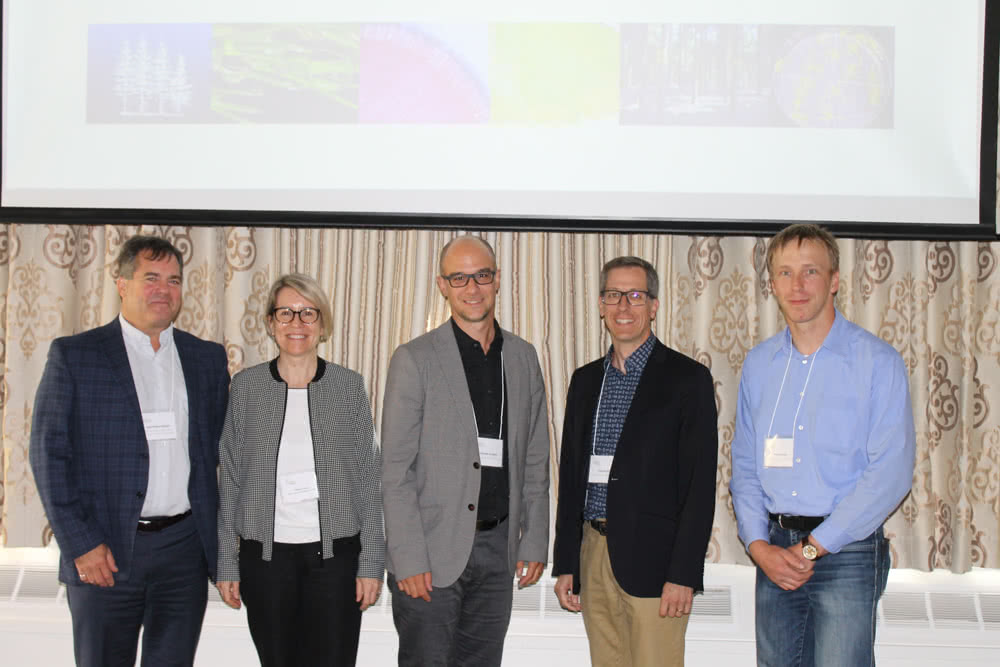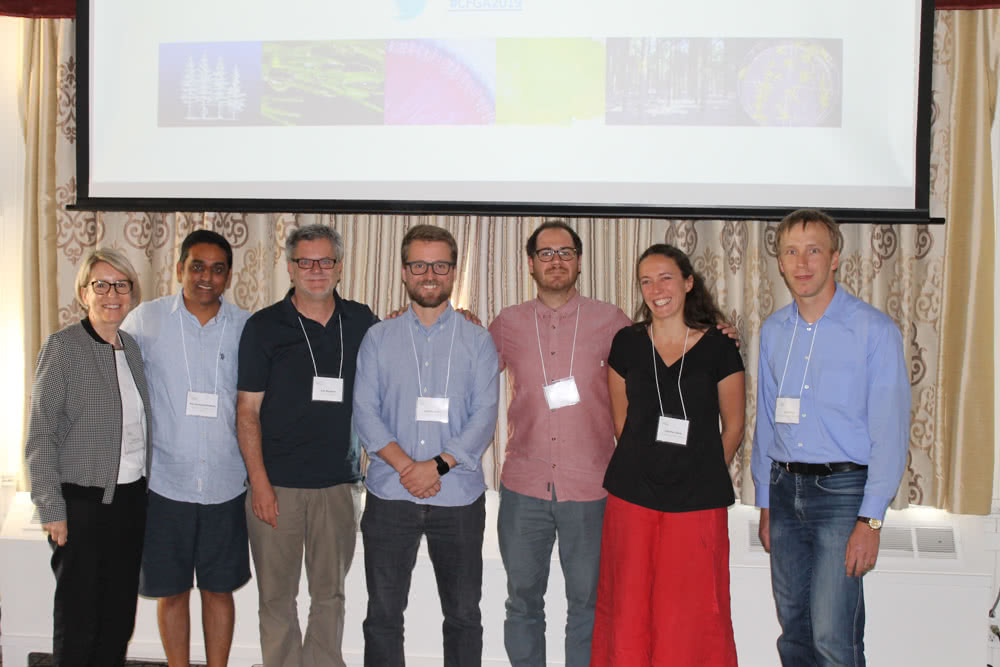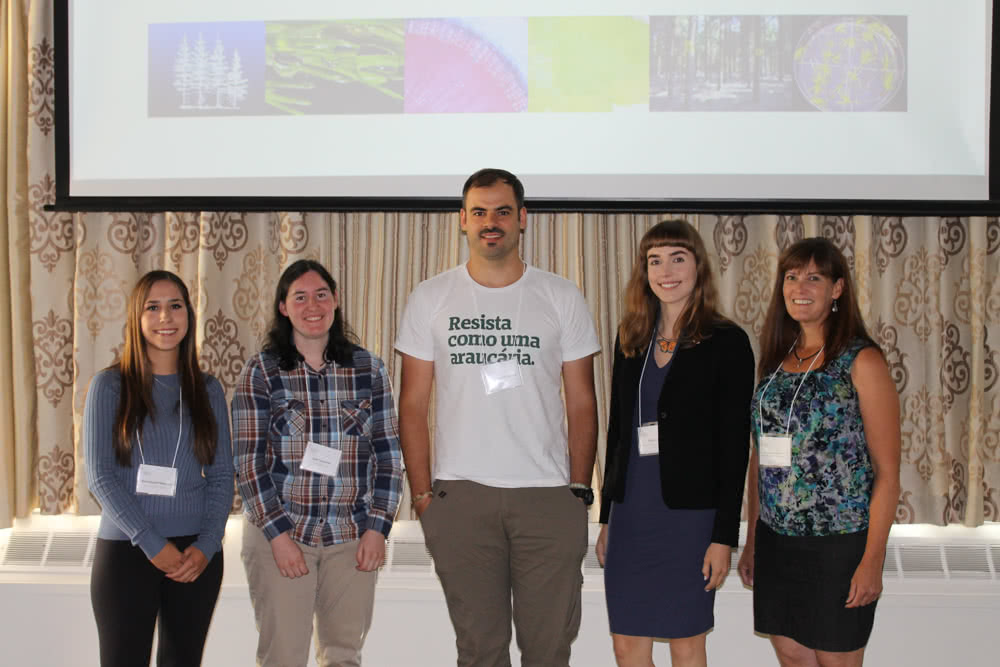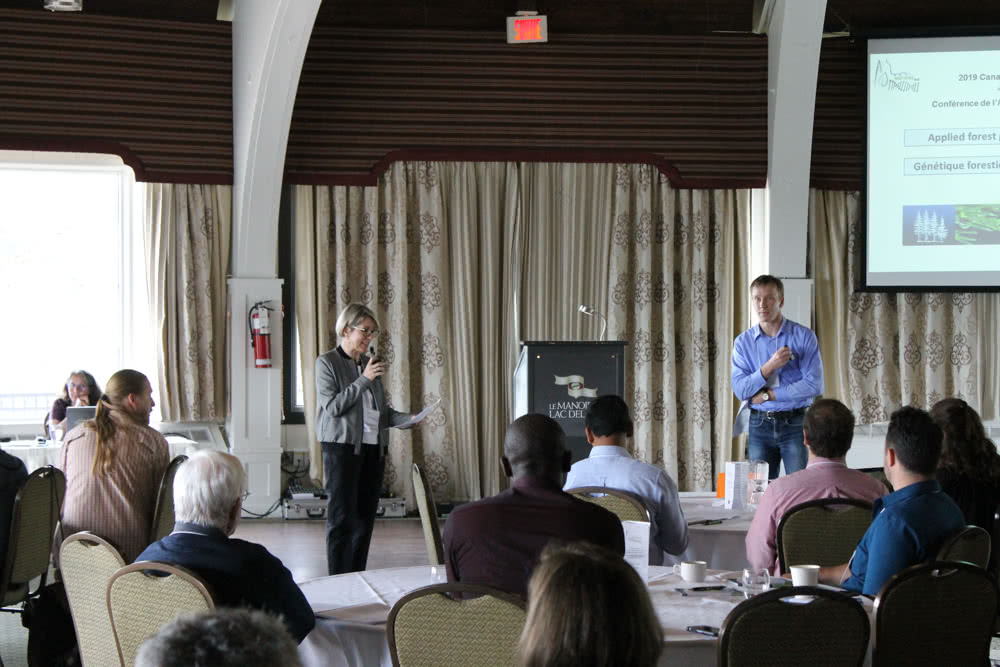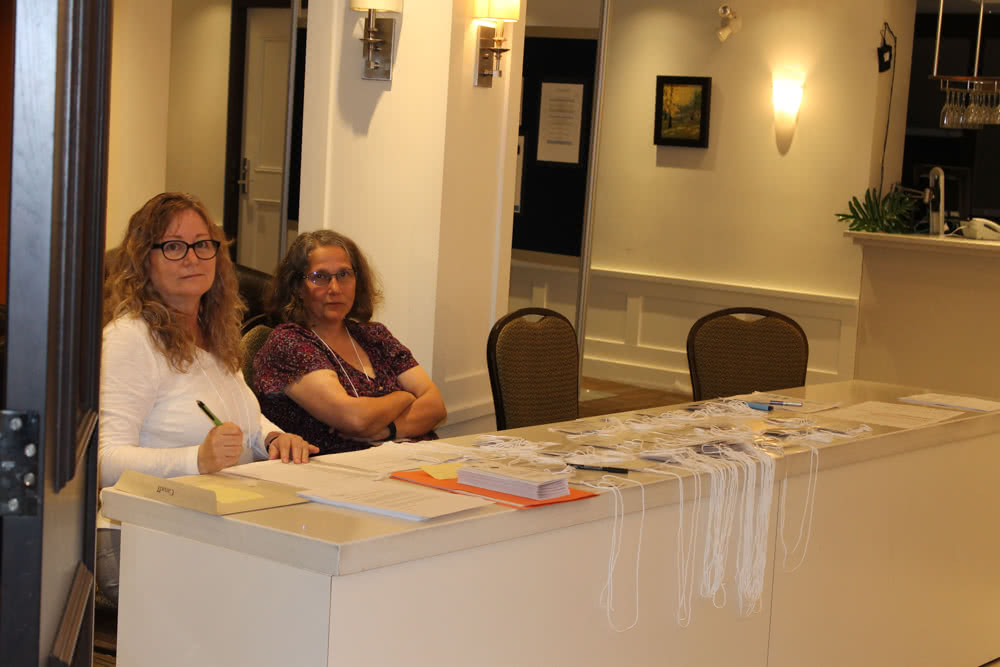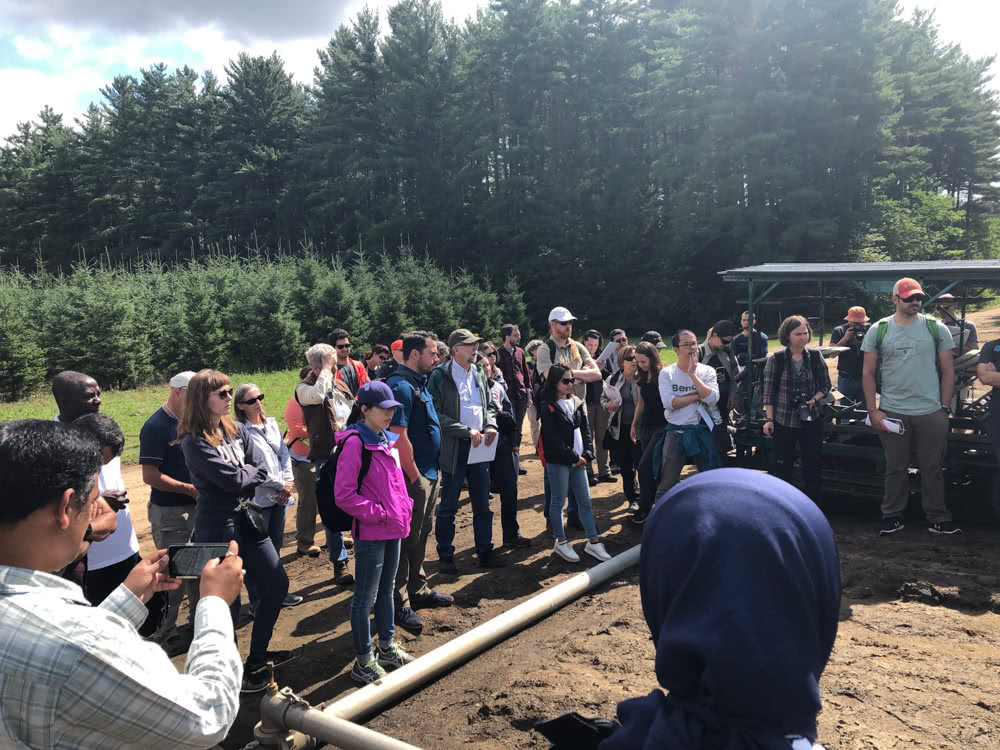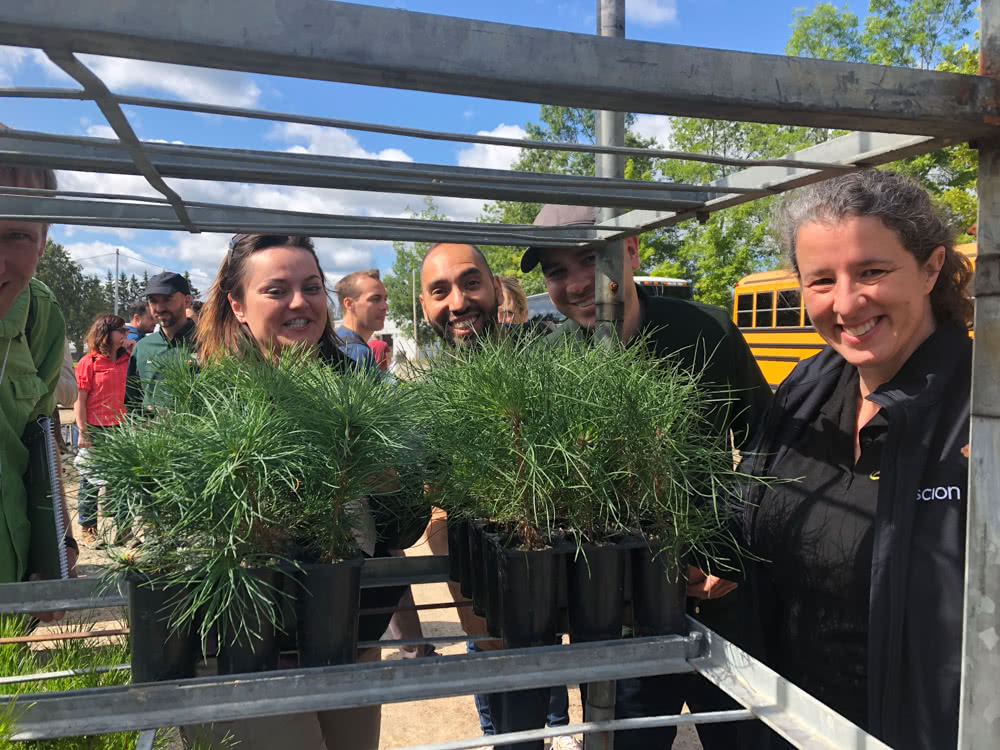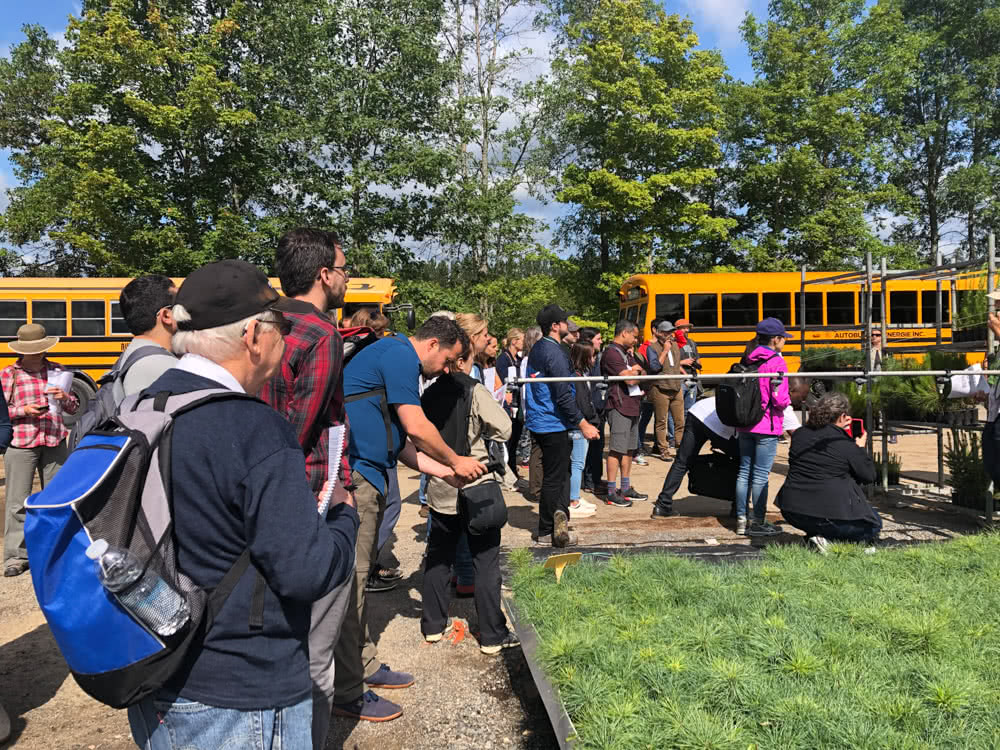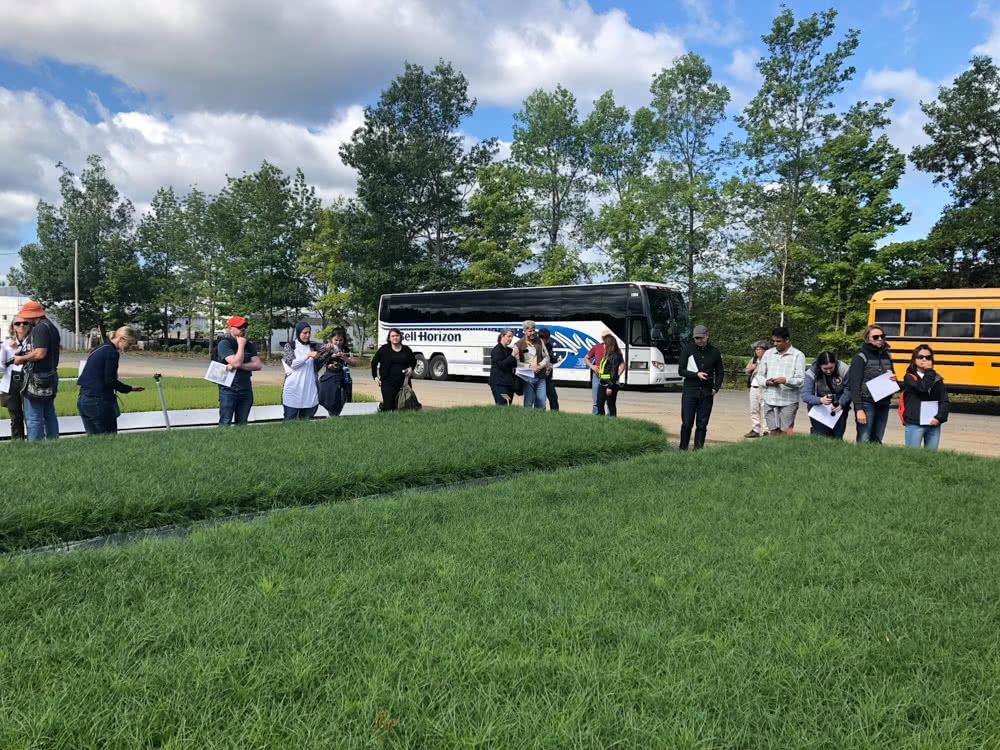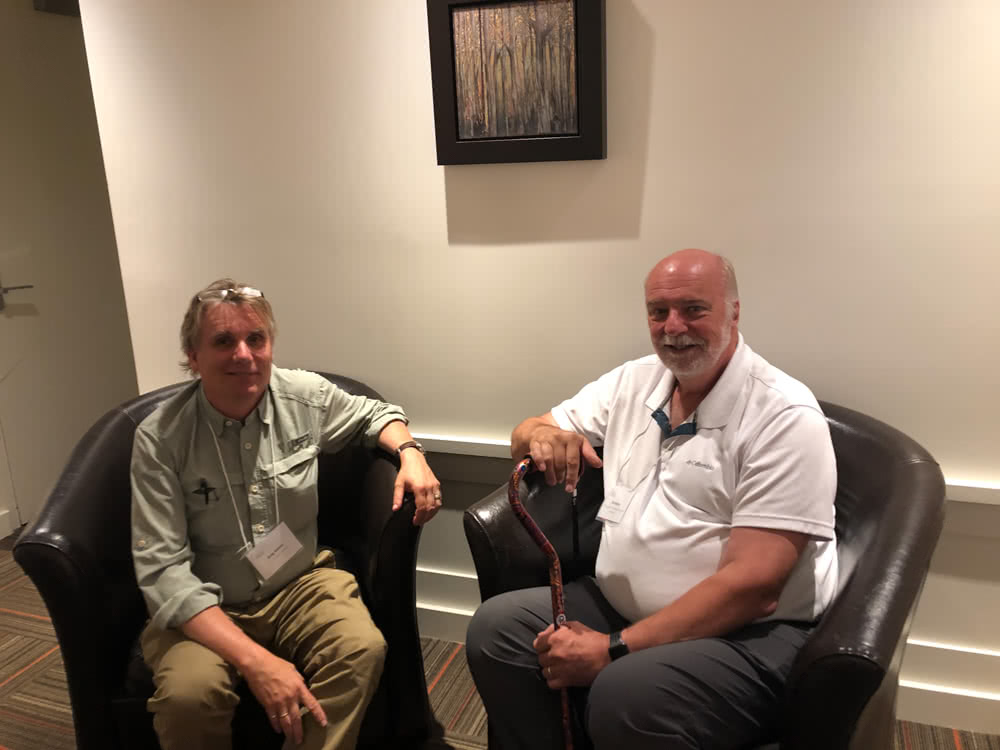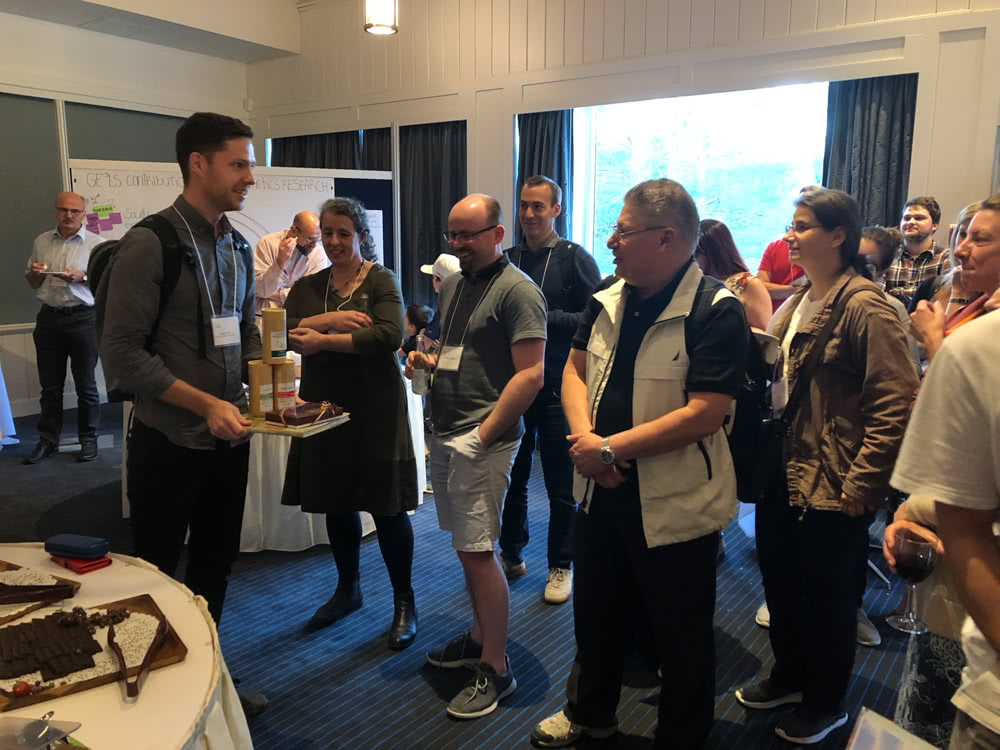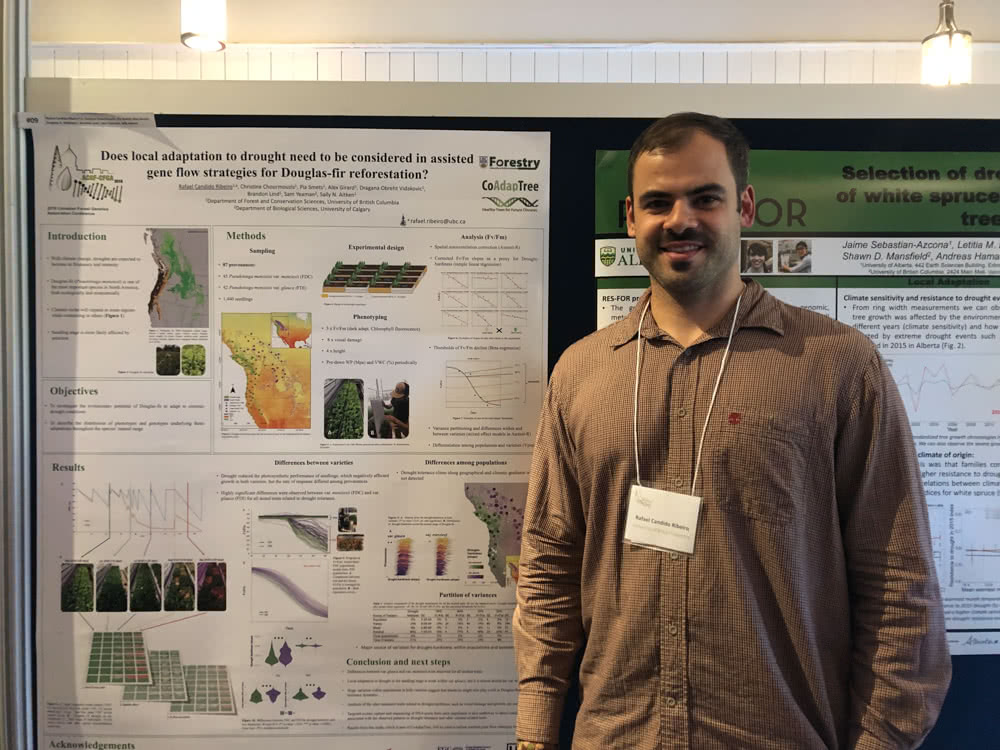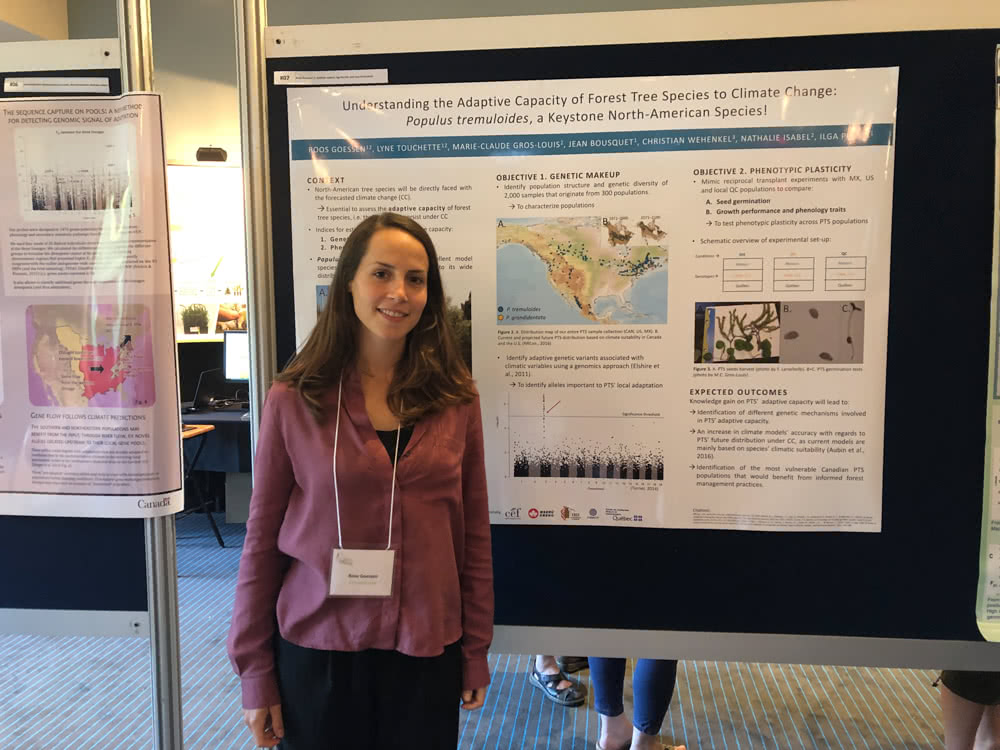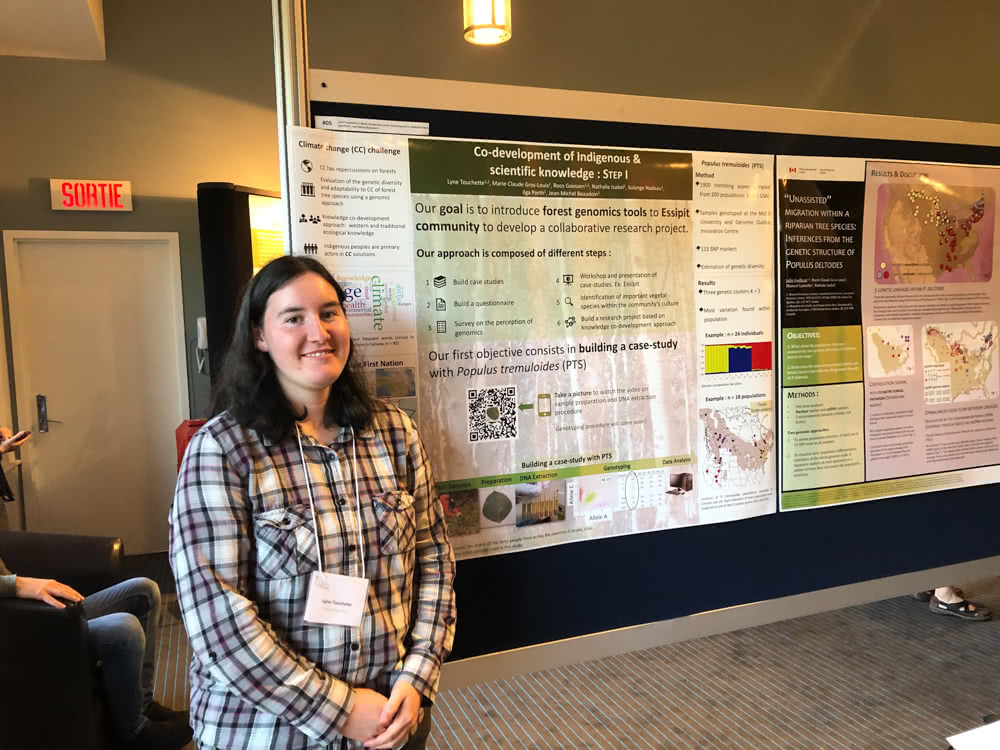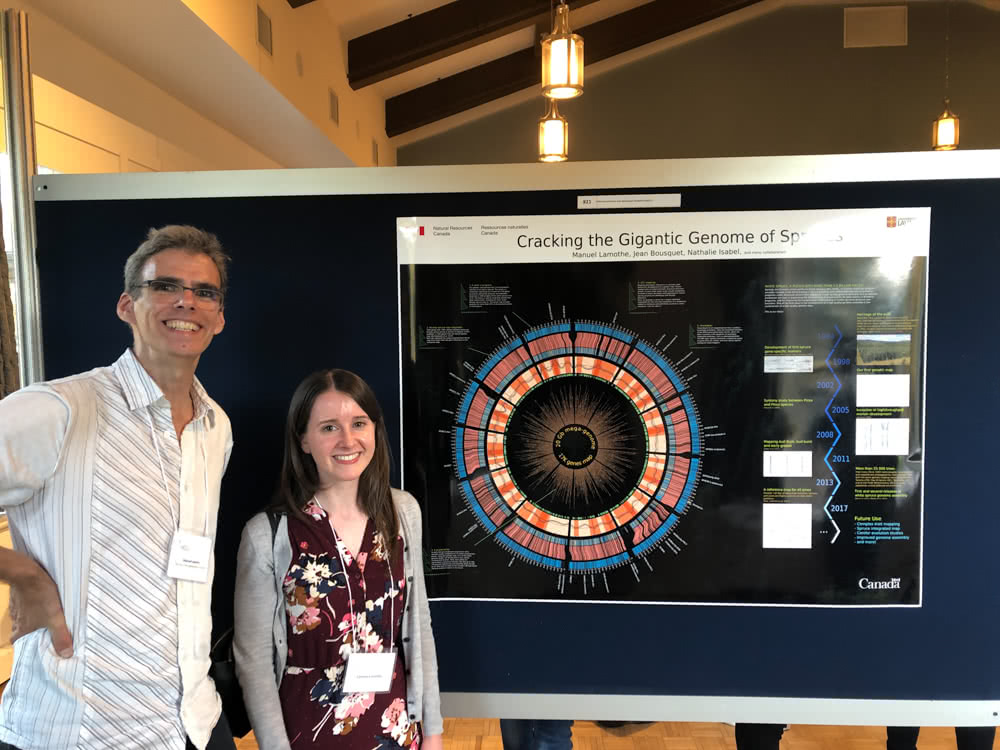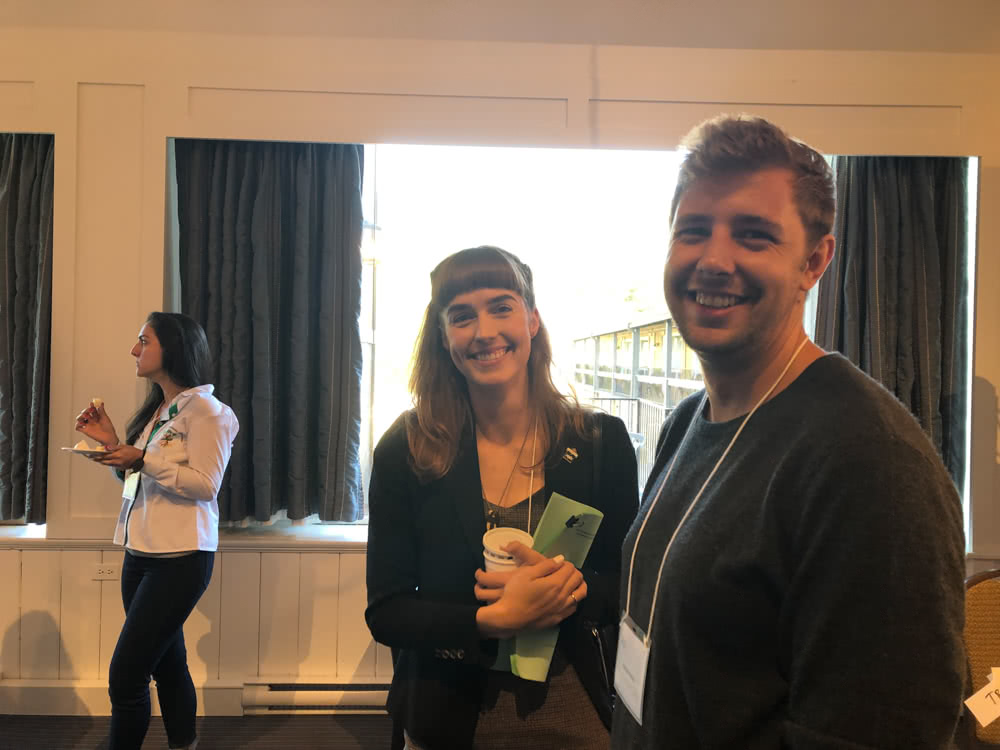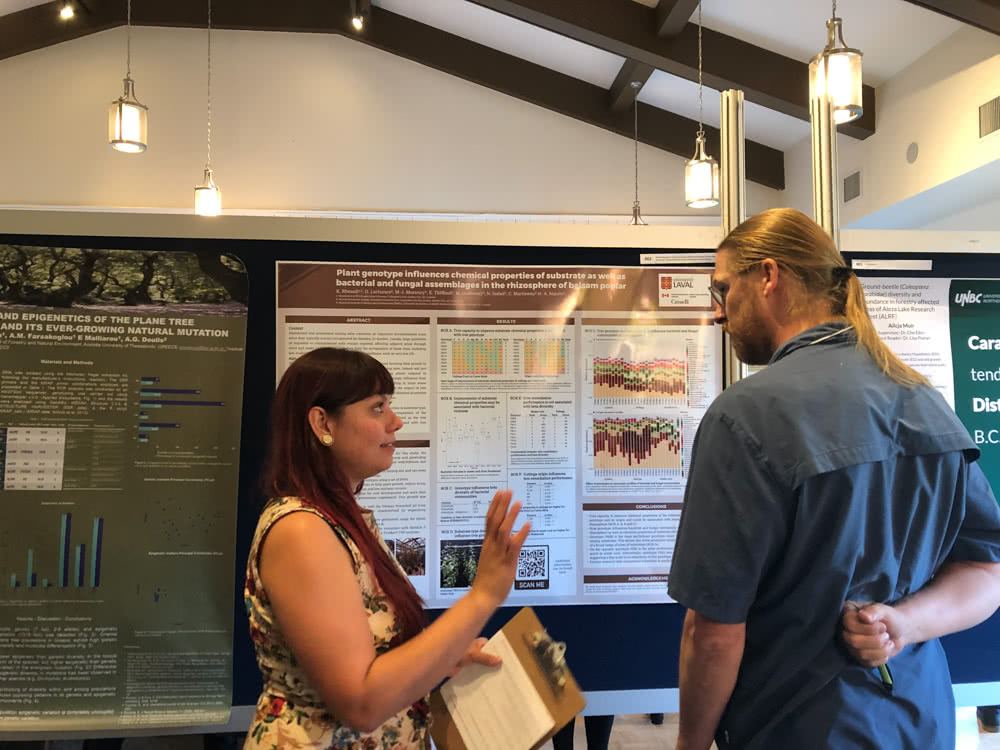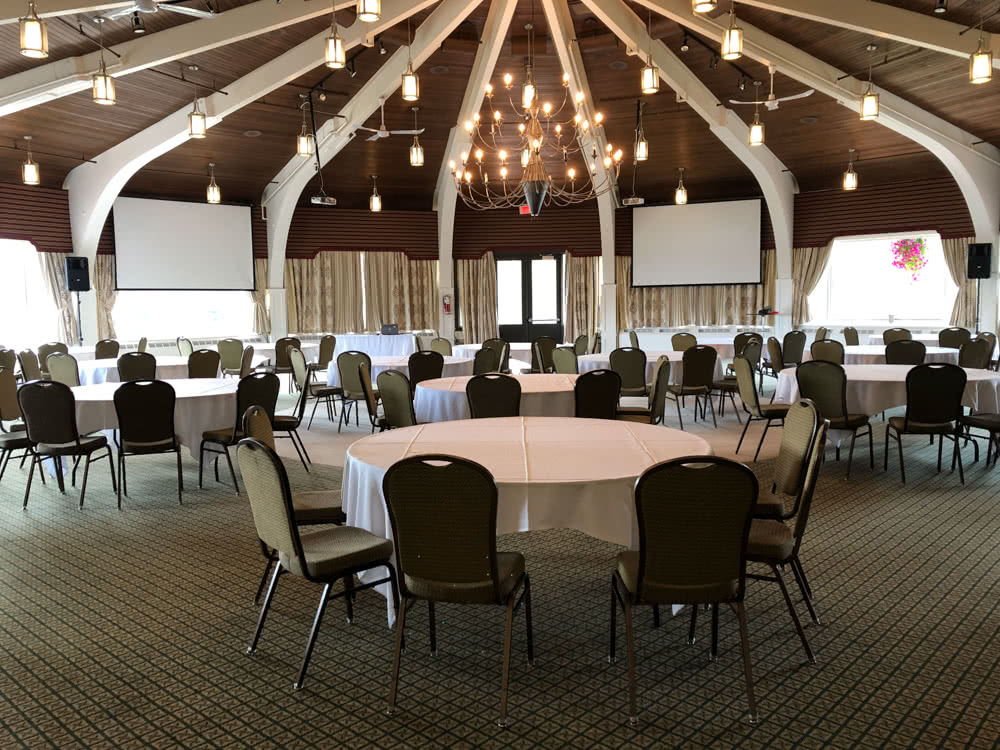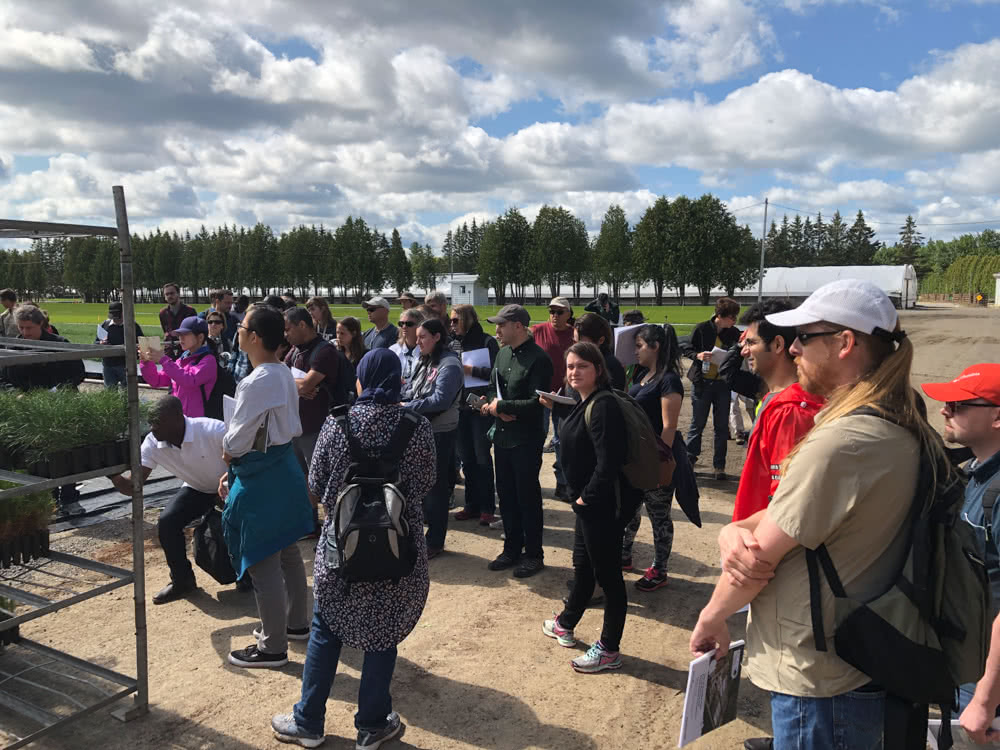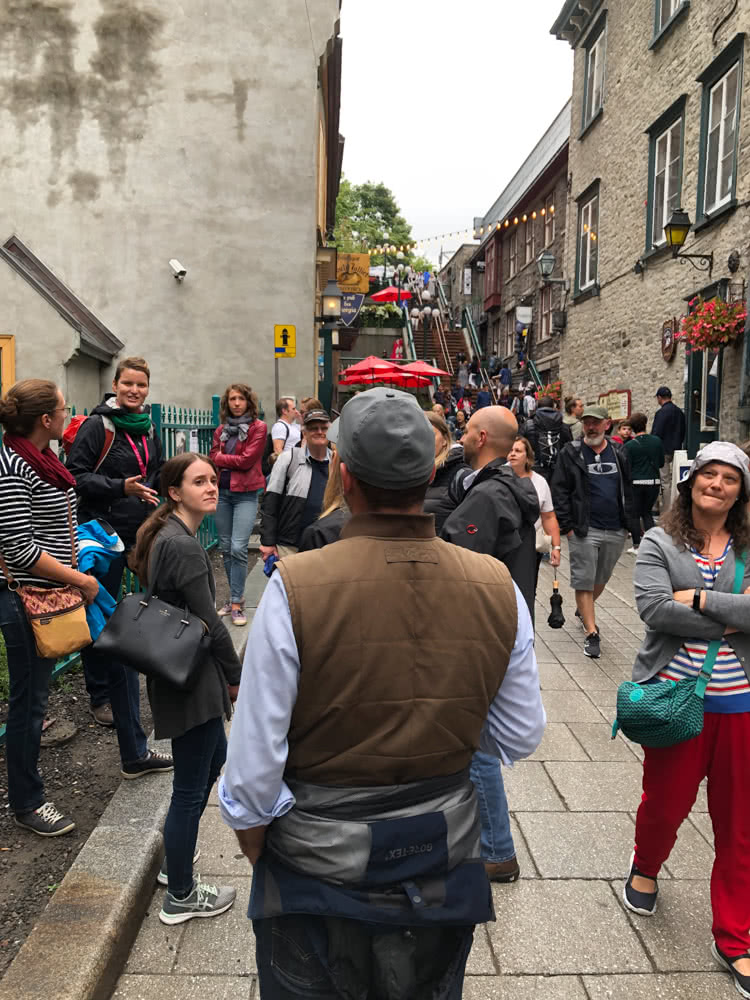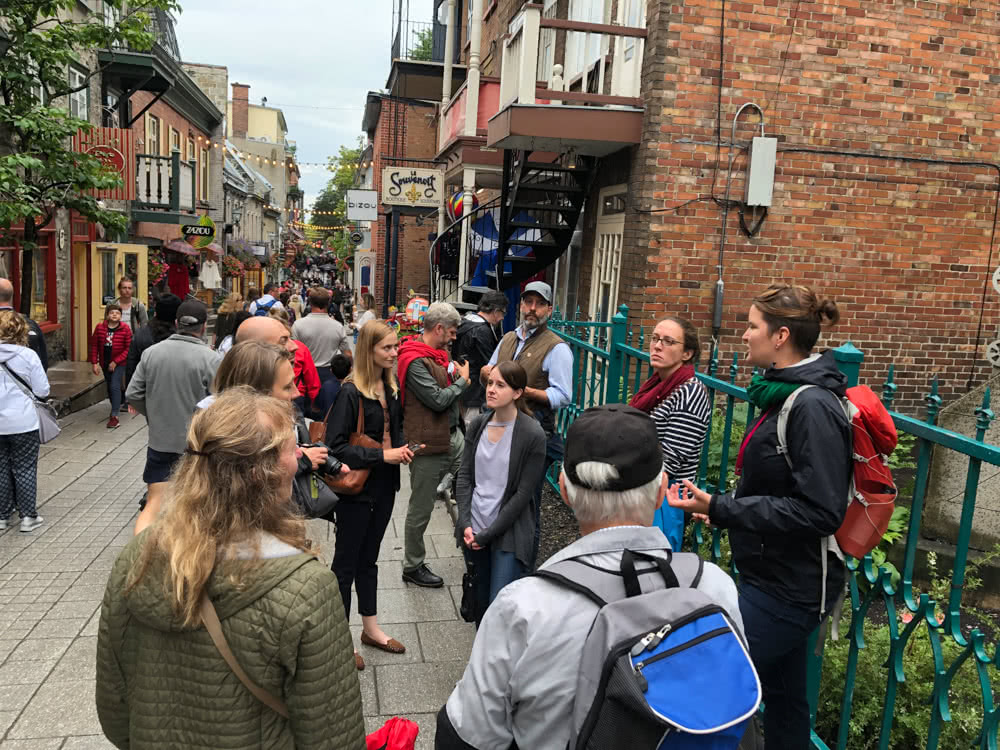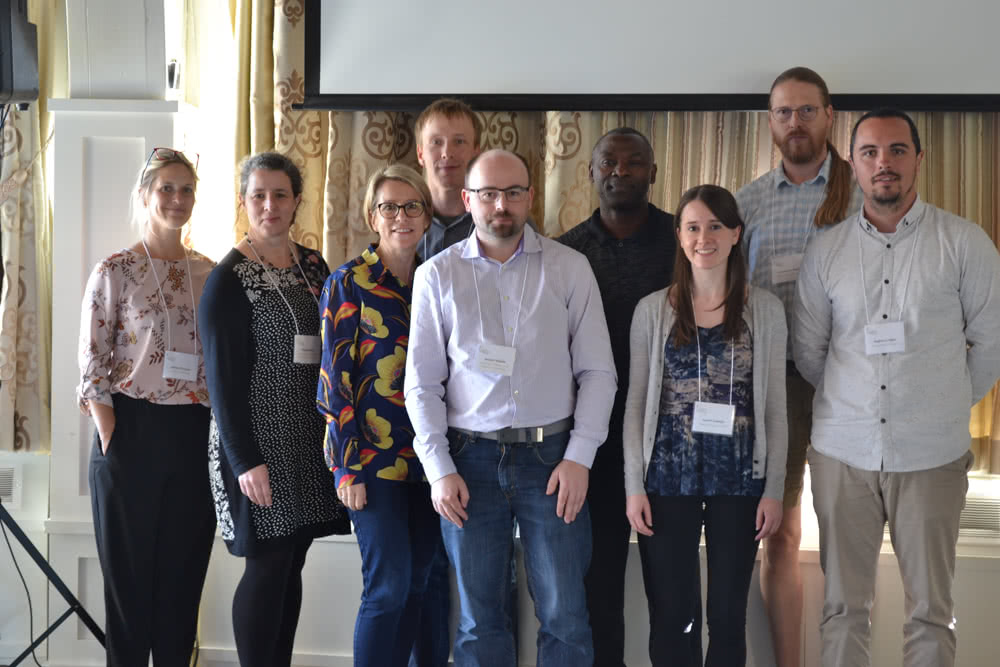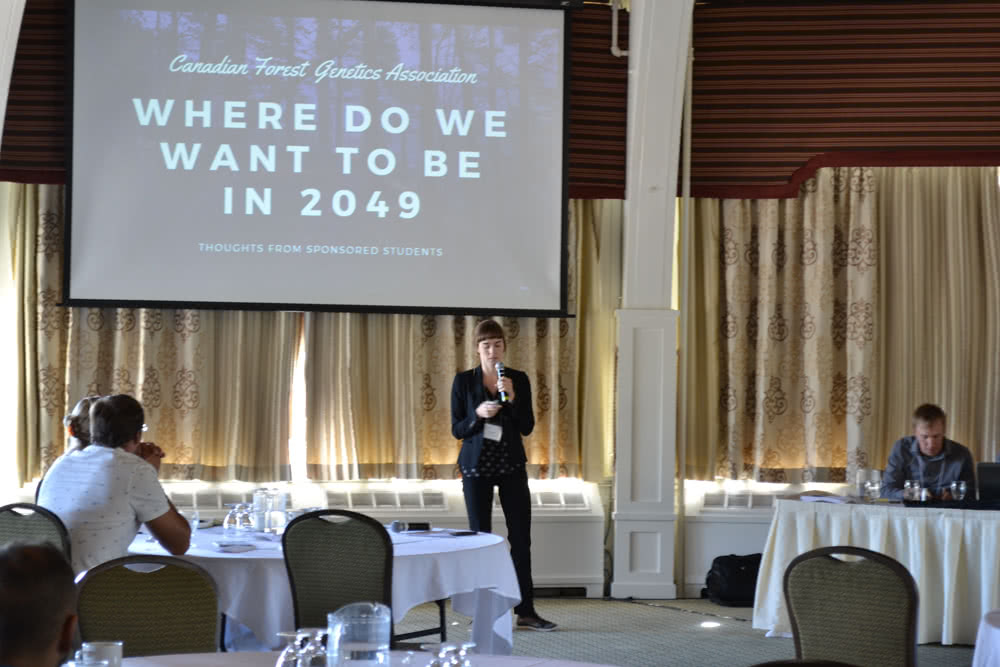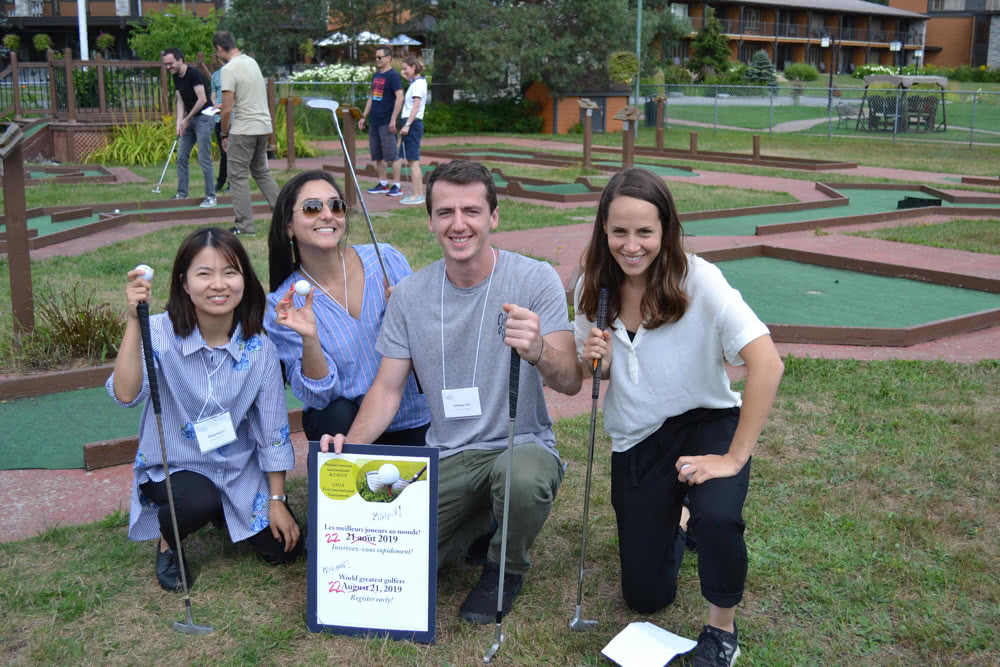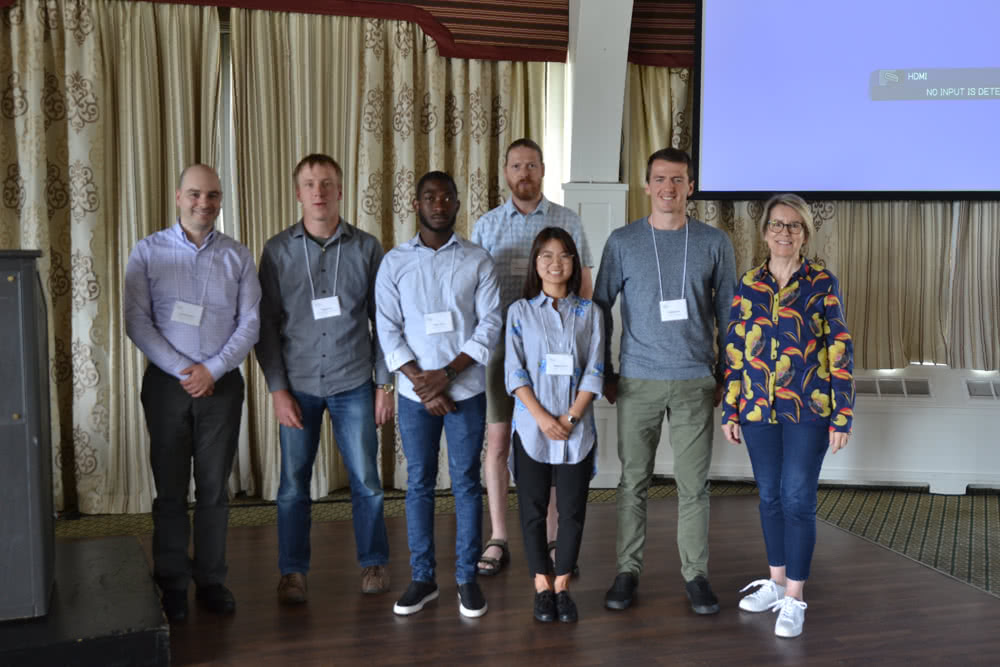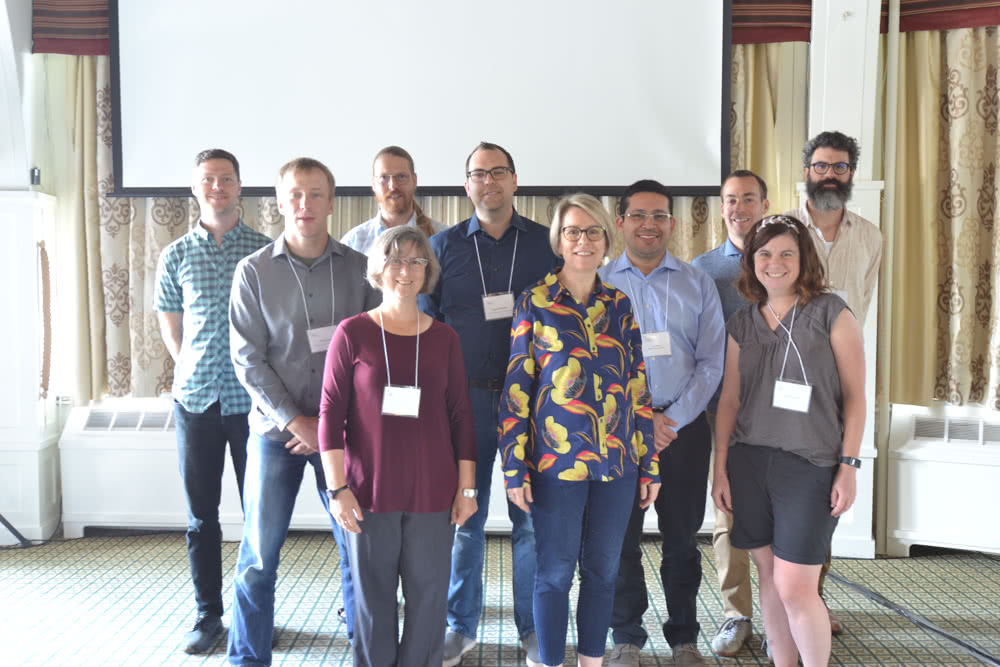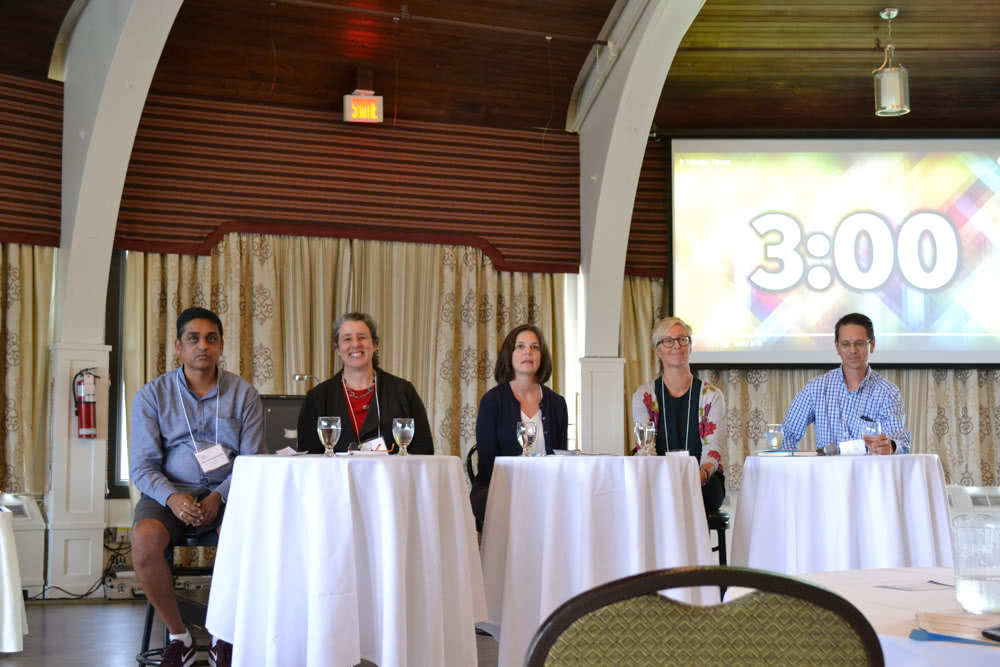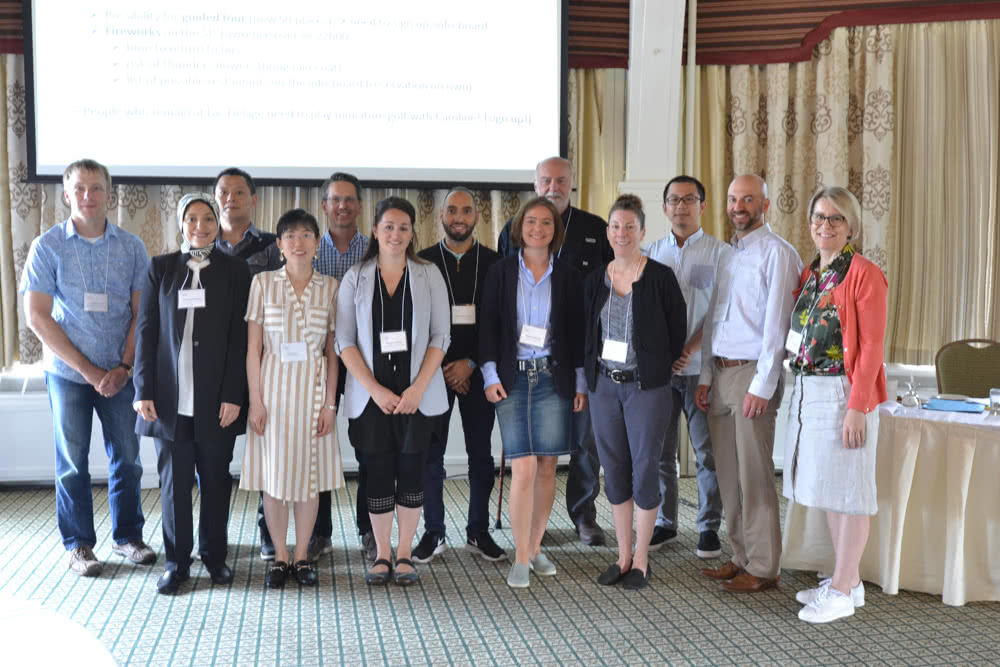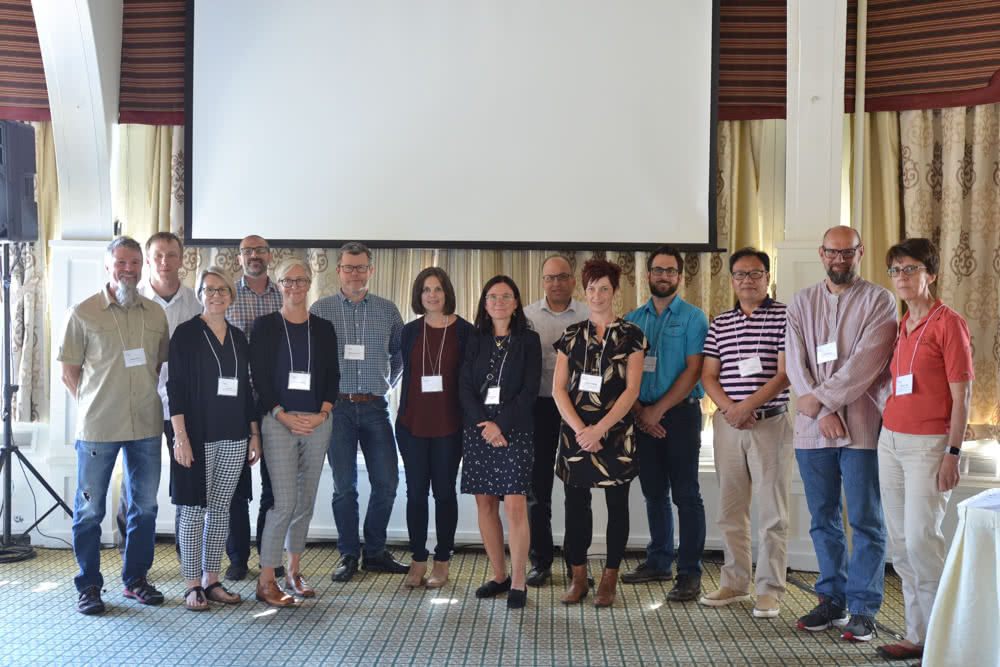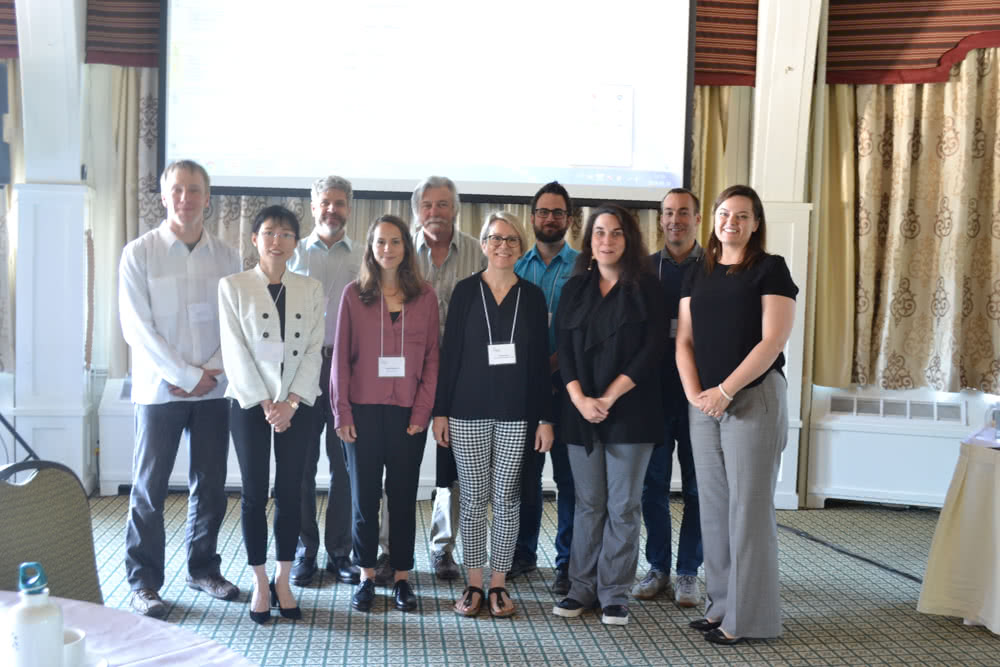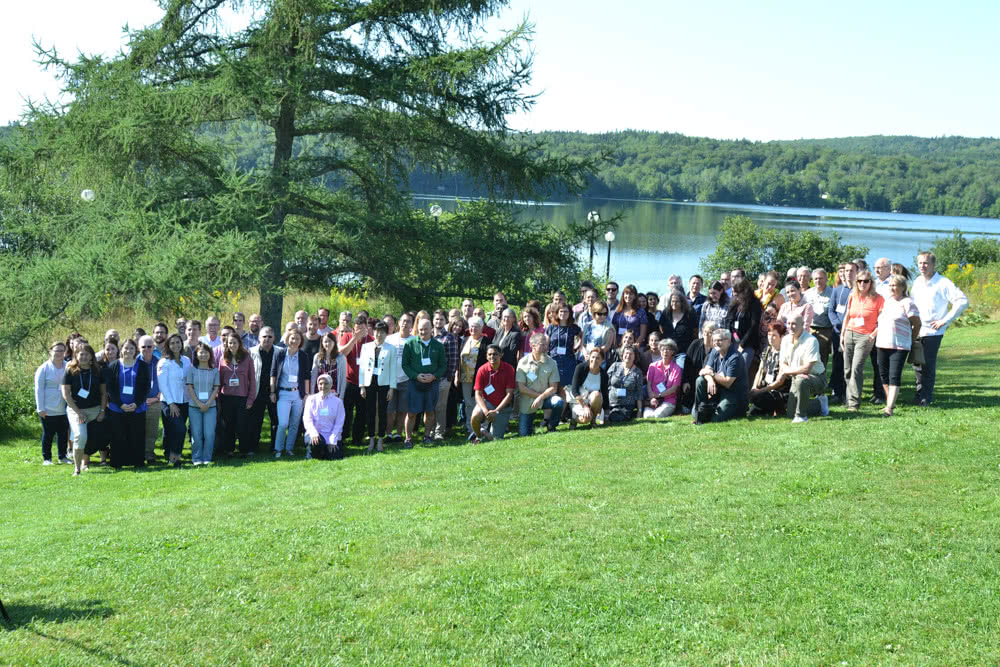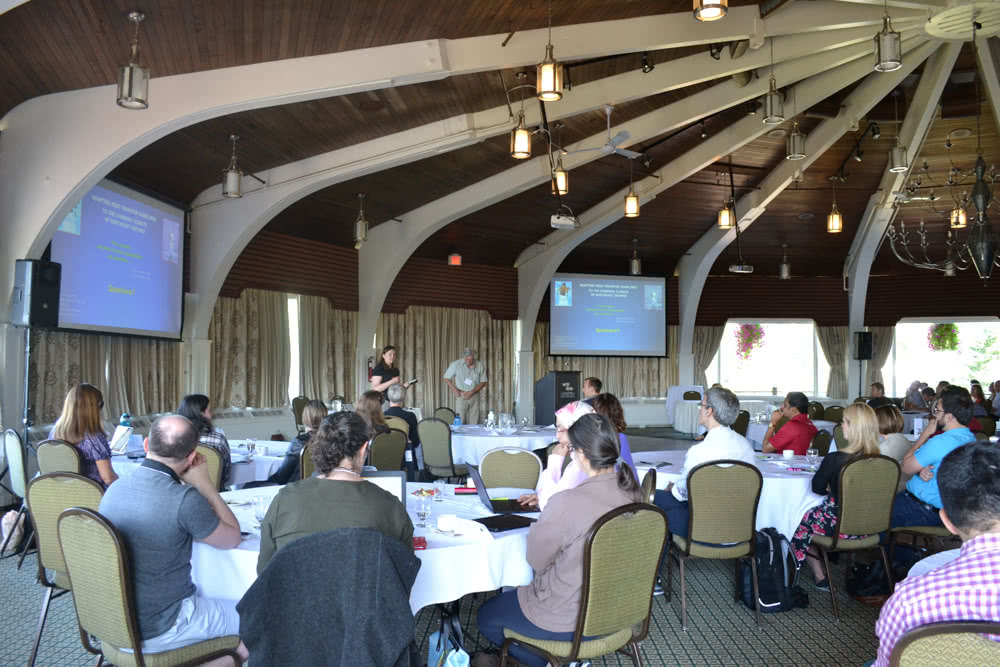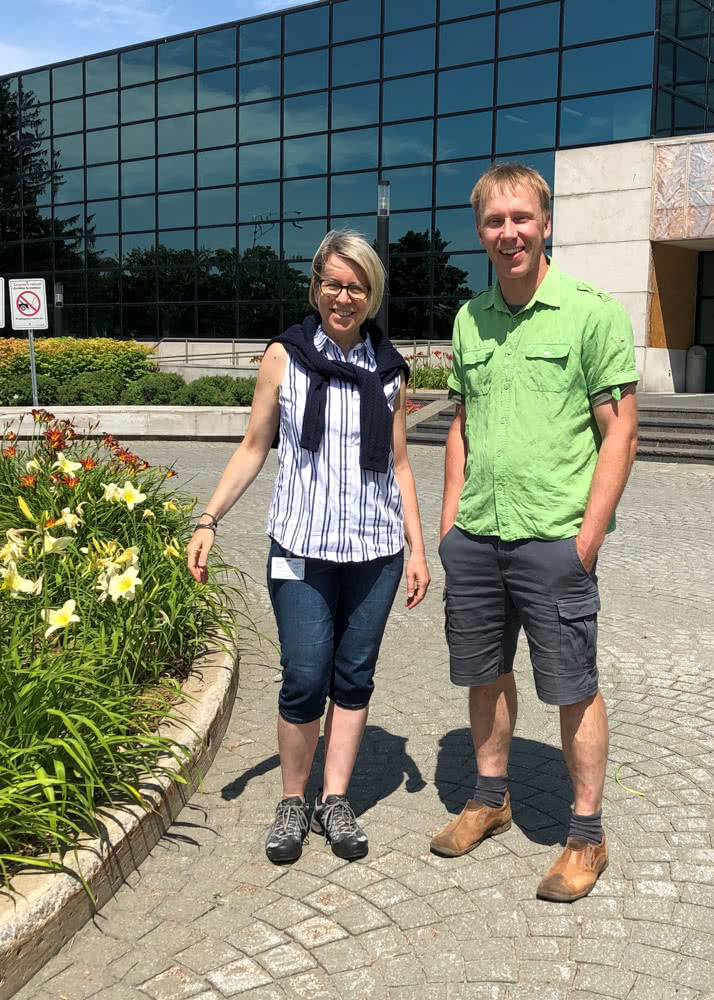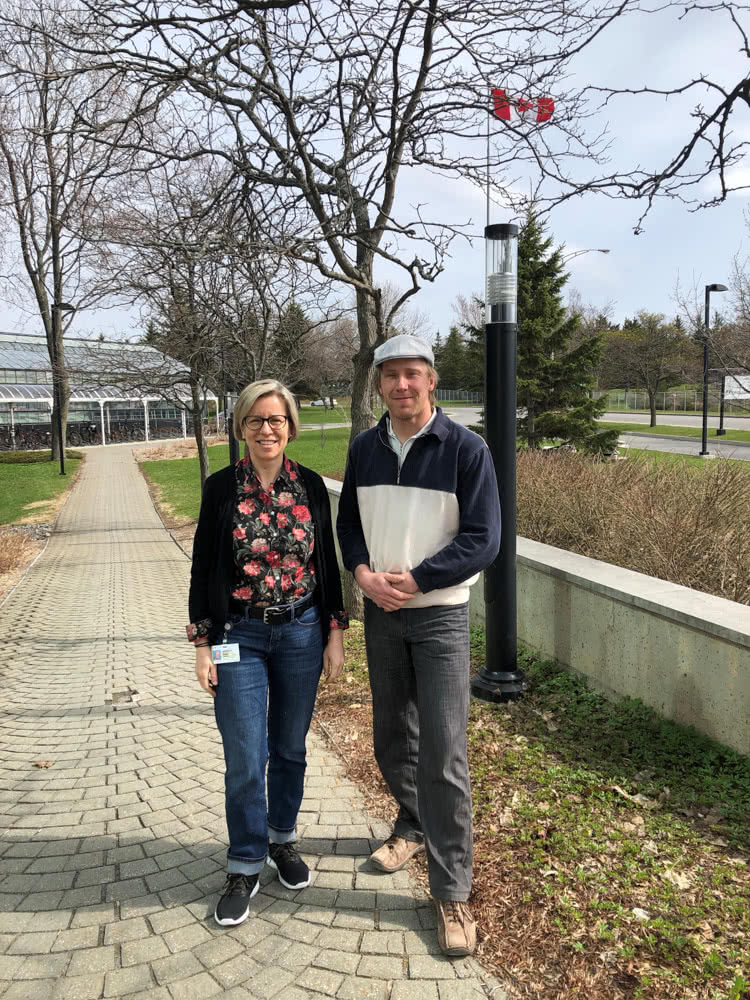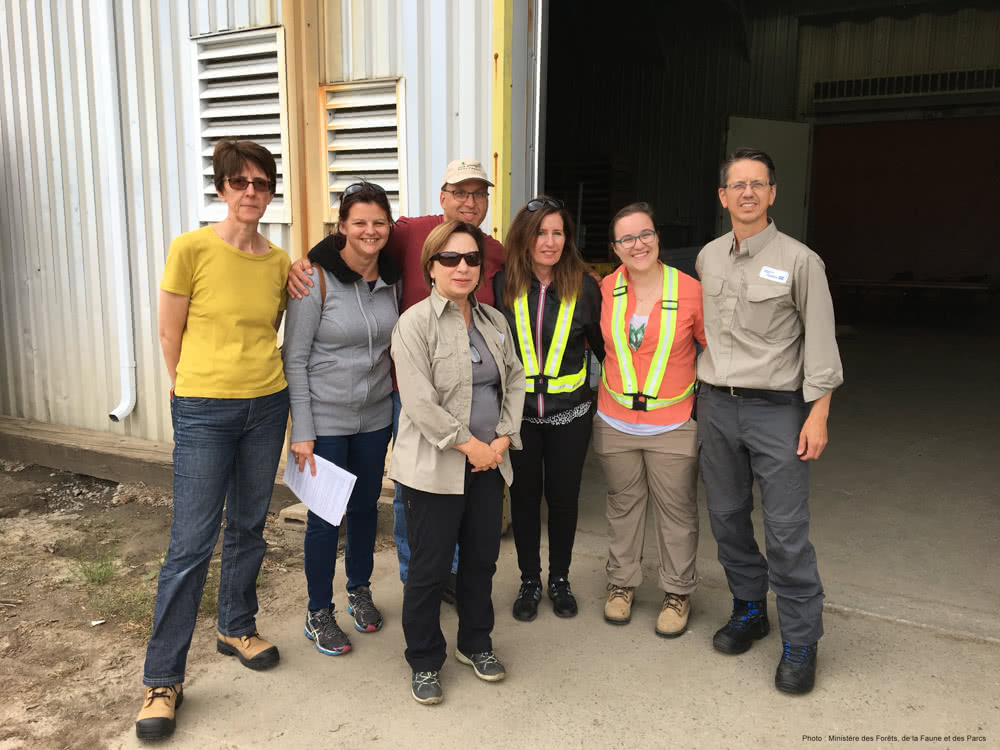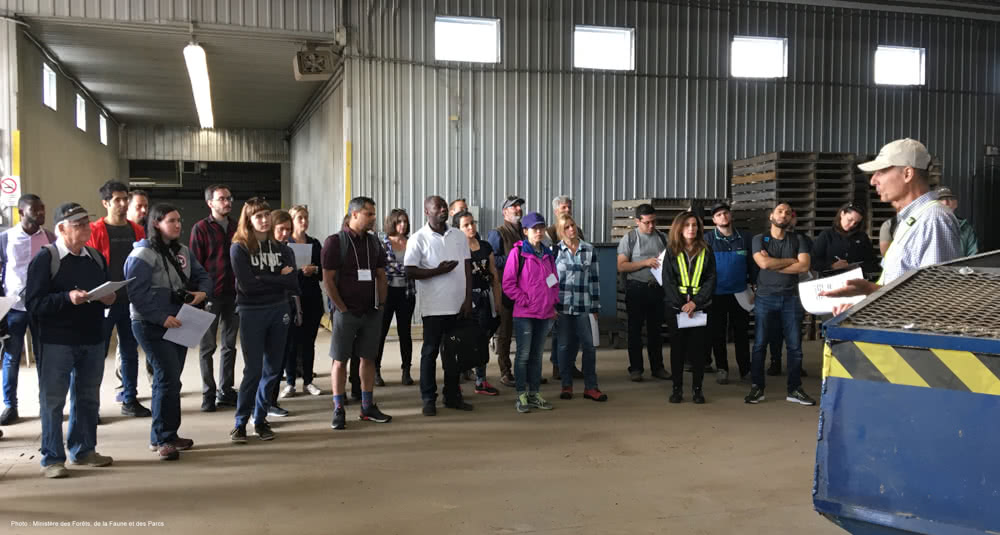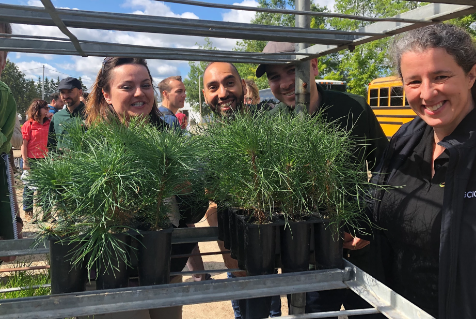Guest Speakers
Janice Cooke
Connecting genotype with phenotype: it takes a village
Janice Cooke is an Associate Professor in the Department of Biological Sciences at the University of Alberta. Janice received her BSc from the University of Victoria, and worked as a technician at the Weyerhaeuser Technology Centre before returning to school to complete her PhD at the University of Alberta. She went on to do a postdoc at the University of Florida, and was a research associate at Université Laval before arriving at the University of Alberta in 2005. She has been involved in forest biology research for over 25 years. For the last 15 years, Janice has been using genomics technologies to better understand how trees respond to their environment.
Heidi Dungey
Transformation of forest tree breeding in New Zealand through genomics, propagation and remote sensing
Dr. Dungey specialises in tree breeding and genetic resource characterisation for commercial forestry species including radiata pine, Douglas-fir, cypresses, eucalypts and redwoods. Her research encompasses quantitative and ecological genetics and breeding, including the application of new technologies in tree breeding programmes. As leader of Scion’s genetics research programme, Heidi works closely with New Zealand seed producers and forest growers to ensure breeding strategies are tailored to meet consumer needs.
Shannon Hagerman
Trees, trust and genomics: Leveraging social science insights in the pursuit of climate resilient forests
Shannon Hagerman is an Assistant Professor of Social-Ecological Systems in the Department of Forest Resources Management at the University of British Columbia. Her research examines the science-policy-management interface in the context of adapting conservation and resource management to the impacts of climate change. She is particularly interested in dilemmas associated with proposals for novel interventions (such as assisted migration). Her research uses qualitative and quantitative social science methods to investigate the diverse ways in which people (publics, experts, stakeholders) perceive the risks and benefits of novel interventions, the preferences for policy alternatives that they hold, and the logics of these preferences. Insights from her novel interventions research over the past decade emphasize the importance of understanding how trust, and values-based commitments influence attitudes about novel, climate adaptive interventions for conservation and resource management. Dr. Hagerman is the co-lead for the GE3LS research (short for “genomics and its ethical, environmental, economic, legal and social aspects”) with the CoAdapTree: Healthy Trees for Future Climates project funded by Genome Canada. She is also the principal investigator on two federally funded (SSHRC) projects investigating novel interventions in conservation, and science-policy interactions in global conservation governance. Dr. Hagerman received her PhD in resource management and environmental studies at the University of British Columbia.
Christian Landry
From Reading to Writing Genomes to Understand and Tame Evolution
Dr. Landry is a full professor in the Department of Biology and the Department of Biochemistry, Microbiology and Bioinformatics at Université Laval. He is a researcher at the Institut de Biologie Intégrative et des Systèmes (IBIS) at Université Laval and holds the Canada Research Chair in Evolutionary Biology of Cellular Systems. Dr. Landry received his PhD from Harvard University in 2007. He then did a postdoctoral internship in the Department of Biochemistry at the Université de Montréal from 2007 to 2009. His work focuses on the evolution of biological systems, in particular cellular systems such as gene networks and genome organization. Its goal is to understand how the environment and population dynamics can shape the organization of these cellular systems and better understand how the organization of these systems can also shape their own evolution. His work is at the interface between the natural sciences and medical biology.
Abstract Submission
Registration
Important Dates
Submission for oral presentations and posters: 1 December 2018 to 22 March 2019
Registration – regular: 1 December 2018 to 26 April 2019
Notification of acceptance to authors: Before 26 April 2019
Registration – late: 27 April 2019 to 19 August 2019
Thanks to our partners!
The organizers of the conference would like to thank all the partners of the event for their valuable support and collaboration.
PLATINUM CATEGORY
GOLD CATEGORY
SILVER CATEGORY
BRONZE CATEGORY
Accomodation
The conference venue is at the Manoir du Lac Delage.
40 Ave. du Lac, Lac-Delage, QC, G3C 5C4
Telephone: 1-418-848-2551 / 1-800-463-2841
Website: http://www.lacdelage.com/en/
This hotel is located near Stoneham, 20 minutes away from Vieux-Québec.
Rates for the LA VILLAGEOISE or LA RIVERAINE rooms:
$144.00 / night (single occupancy)
$79.50 / night (double occupancy)
Breakfast is included with the room.
Taxes will be added at check-out.
Non-smoking establishment.
Use the following code: 286803
Please reserve as soon as possible
Rental equipement is available on site:
https://www.lacdelage.com/en/activities/summer/equipment/
Tourist Information
Quebec City is the national capital of the province of Quebec, one of the provinces of Canada. As of July 2016, Quebec City had a population of 531,902 inhabitants. The St. Lawrence River narrows between the cities of Québec and Lévis, located on the opposite shore. The name given to the city originates from the Algonquin keyword “Kébec”, which means “where the river narrows”. Founded in 1608 by Samuel de Champlain, Québec is one of the oldest cities in North America. Québec is the only fortified city remaining north of Mexico. Vieux-Québec was declared a World Heritage site in 1985 by UNESCO. Try to practice your French while you are here, even though people working in tourist areas are usually bilingual.
Taxis, Uber, Public Transportation and Car Rental
From the Quebec City Jean Lesage International Airport and within Quebec City
https://www.aeroportdequebec.com/en/airport-access/taxis-and-public-transportation
From the Manoir du Lac Delage
Taxi Lac Beauport
http://taxilacbeauport.com/
Taxi des Lacs
http://www.publicitelocale.ca/cm2s_content/annuaires_gb/document/annonces/953296900.pdf
Climate
Average temperature in August in Quebec City : 24°C during the day and 14°C at night
Average number of days with precipitation in August in Quebec City : 11 days
Activities in Quebec City
Discover Quebec City : https://www.ville.quebec.qc.ca/en/touristes/index.aspx
Discover Vieux-Québec : https://www.quebecregion.com/en/old-quebec-summer/
Outdoor Activities in Parc National
Parc National de la Jacques-Cartier : https://www.sepaq.com/pq/jac/
Les Sentiers du Lac-Delage : https://e47.ca/
Les Marais du Nord : https://maraisdunord.com/
CONFERENCE ORGANIZING COMMITTEE
(Co-Chairs)
Nathalie Isabel & Patrick Lenz
(Natural Resources Canada)
Marie Deslauriers, Christopher Keeling & Caroline Levasseur
(Natural Resources Canada)
Sylvie Carles, Marie-Josée Mottet, Martin Perron & Laurence Tremblay
(Ministère des Forêts, de la Faune et des Parcs)
Jean Beaulieu, Jean Bousquet & Ilga Porth
(Université Laval)
JOINT WORKSHOPS
Tree Seed Working Group
Fabienne Colas
(Berthier Tree Seed Centre, Ministère des Forêts, de la Faune et des Parcs)
Dave Kolotelo
(BC Provincial TreeSeedCentre, chairpersonof the TreeSeedWorkingGroup Bulletin)
Melissa Spearing
(Forest Gene Conservation Association, editor of the TreeSeedWorkingGroup Bulletin)
GE3LS Workshop
Nancy Gélinas
(Université Laval)
Poplar and Willow Council of Canada
Raju Soolanayakanahally
(Agriculture and Agri-Food Canada, Saskatoon Research and Development Centre)
VISIT OF PROVINCIAL PLANTATIONS
Sylvie Carles, Martin Perron & Laurence Tremblay
(Ministère des Forêts, de la Faune et des Parcs)
FOR GENERAL INQUIRES
Please contact

